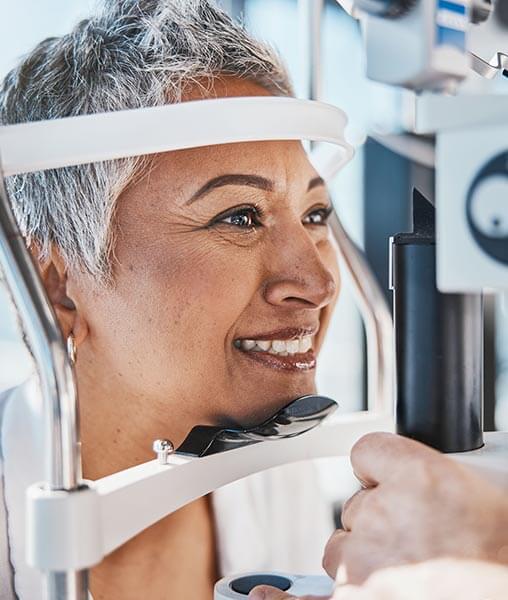Posted by: Albany Cornea | Center For Eye Care Excellence in Cataract Surgery

When you develop cataracts, you’ve got time to decide how and when you will deal with them. Cataracts typically develop over several years. As an increasing number of protein particles accumulate in the lens of the eye, vision becomes more and more clouded. Often, patients decide to have cataract removal when the clouding that has occurred disrupts daily activities like reading or driving. At that time, patients often want to know if the results of cataract surgery are permanent. They are intended to be, yes. Also, there is more to having cataract surgery than restoring visual clarity. We’ll discuss that here.
Replacing the Natural Lens of the Eye
To remove cataracts means to remove the natural lens of the eye. Many years ago, when cataract surgery was first performed, the natural lens was replaced with a clear fixture that protected the eye but had no magnification powers. After the procedure, patients had to wear very thick eyeglasses to accommodate vision. Fortunately, this is no longer the case. Today, we have several options for lens replacement.
During cataract-removal surgery, the lens is replaced with an artificial structure called an intraocular lens, or IOL. Intraocular lenses are made of ultra-thin, ultra-durable plastics that allow the eye to move naturally. Like the natural lens, an IOL can accommodate vision at various distances. There are several varieties to choose from. If you decide to have cataract surgery, your specialist will perform a comprehensive examination to understand your eyes and your vision correction needs. An appropriate IOL can be identified through this examination and its benefits and costs discussed at that time.
Choosing an IOL is an important aspect of cataract-removal surgery, but does your choice in intraocular lens affect how long your results from cataract surgery will last? It does not. Most people who have cataract surgery do not require additional treatment. Cataracts do not grow back after they are removed because the artificial lens does not have the same makeup as the natural lens. However, there is something called secondary cataracts. This uncommon condition is not on the lens of the eye but in the membrane that holds the intraocular lens. If this occurs, the cataract specialist may simply puncture the membrane in a way that allows light to pass through.
Center For Eye Care Excellence offers professional services in a friendly environment. Call 518.475.1515 to schedule your visit to discuss cataract removal.

